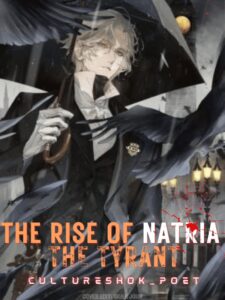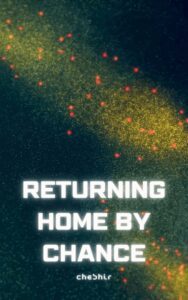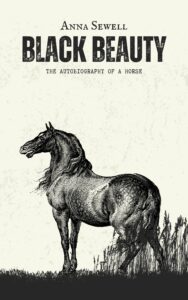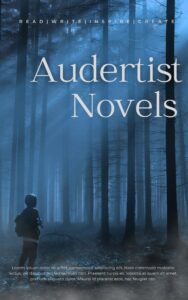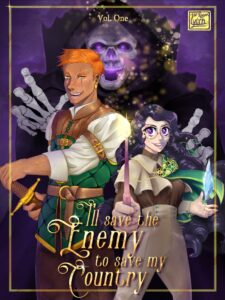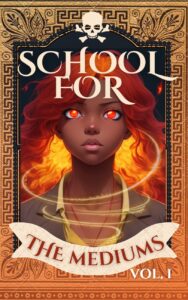One day, while our cab and many others were waiting outside one of the parks where music was playing, a shabby old cab drove up beside ours. The horse was an old worn-out chestnut, with an ill-kept coat, and bones that showed plainly through it, the knees knuckled over, and the fore-legs were very unsteady. I had been eating some hay, and the wind rolled a little lock of it that way, and the poor creature put out her long thin neck and picked it up, and then turned and looked about for more. There was a hopeless look in the dull eye that I could not help noticing, and then, as I was thinking where I had seen that horse before, she looked full at me and said, “Black Beauty, is that you?”
It was Ginger! but how changed! The beautifully arched and glossy neck was now straight, and lank, and fallen in; the clean straight legs and delicate fetlocks were swelled; the joints were grown out of shape with hard work; the face, that was once so full of spirit and life, was now full of suffering, and I could tell by the heaving of her sides, and her frequent cough, how bad her breath was.
Our drivers were standing together a little way off, so I sidled up to her a step or two, that we might have a little quiet talk. It was a sad tale that she had to tell.
After a twelvemonth’s run off at Earlshall, she was considered to be fit for work again, and was sold to a gentleman. For a little while she got on very well, but after a longer gallop than usual the old strain returned, and after being rested and doctored she was again sold. In this way she changed hands several times, but always getting lower down.
“And so at last,” said she, “I was bought by a man who keeps a number of cabs and horses, and lets them out. You look well off, and I am glad of it, but I could not tell you what my life has been. When they found out my weakness they said I was not worth what they gave for me, and that I must go into one of the low cabs, and just be used up; that is what they are doing, whipping and working with never one thought of what I suffer—they paid for me, and must get it out of me, they say. The man who hires me now pays a deal of money to the owner every day, and so he has to get it out of me too; and so it’s all the week round and round, with never a Sunday rest.”
I said, “You used to stand up for yourself if you were ill-used.”
“Ah!” she said, “I did once, but it’s no use; men are strongest, and if they are cruel and have no feeling, there is nothing that we can do, but just bear it—bear it on and on to the end. I wish the end was come, I wish I was dead. I have seen dead horses, and I am sure they do not suffer pain; I wish I may drop down dead at my work, and not be sent off to the knackers.”
I was very much troubled, and I put my nose up to hers, but I could say nothing to comfort her. I think she was pleased to see me, for she said, “You are the only friend I ever had.”
Just then her driver came up, and with a tug at her mouth backed her out of the line and drove off, leaving me very sad indeed.
A short time after this a cart with a dead horse in it passed our cab-stand. The head hung out of the cart-tail, the lifeless tongue was slowly dropping with blood; and the sunken eyes! but I can’t speak of them, the sight was too dreadful. It was a chestnut horse with a long, thin neck. I saw a white streak down the forehead. I believe it was Ginger; I hoped it was, for then her troubles would be over. Oh! if men were more merciful they would shoot us before we came to such misery.


